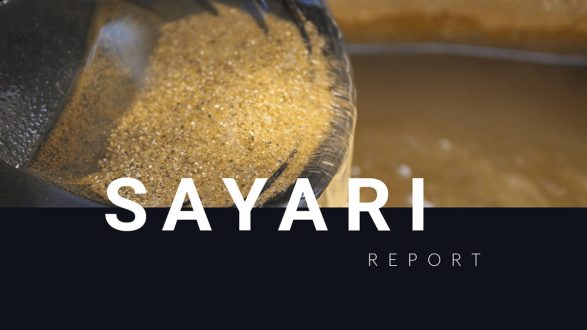The illegal gold trade is a multibillion dollar industry that endangers national security and the natural environment. Transnational criminal organizations and other bad actors profit immensely from the mining and sale of illegal gold because of the industry’s high level of informality, cash intensiveness, and rising gold prices, among other factors.
Increased regulatory and reputational pressure on precious metals sourcing practices has heightened the need for more effective supply chain due diligence. This is especially challenging given that global precious metals supply chains have become more complex, involving a number of intermediaries before arriving to the end user — but it is not impossible.
In this report, we break down a recent case involving a family clan in Colombia that was targeted by Colombian law enforcement for dealing in upwards of $20 million in illicit gold. We used a combination of corporate records and trade data to trace how suspect gold connected to the network likely ended up in global precious metal supply chains.
The case demonstrates how a combination of public data – namely corporate and trade data — can be leveraged to identify upstream risk in increasingly complex global gold supply chains.
Download the report to learn more.
About Sayari:
Sayari provides data intelligence platforms to power the fight against financial crime, increase corporate transparency in high-risk places, and support critical national security mission sets. The top global financial institutions, Fortune 100 corporations, financial crime regulators, and enforcement agencies in 35 countries trust Sayari every day.



